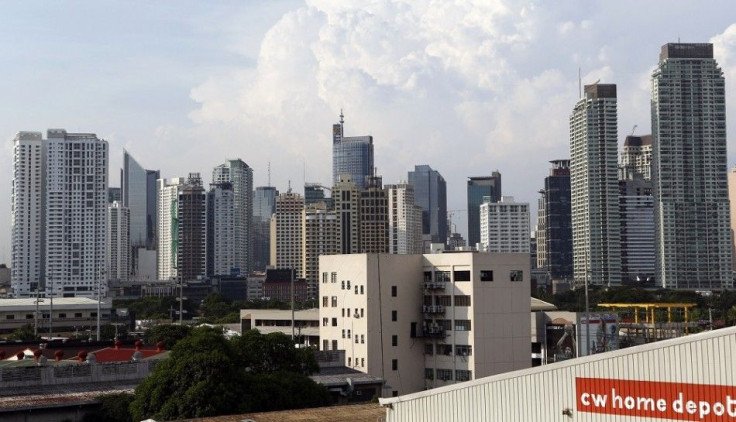While Asian Property Markets Are Cooling, 92% Of Philippine Real Estate Agents & Brokers Are Positive About Next 12 Months

Cooling measures put in place by some Asian government such as Hong Kong and Singapore had displaced demand for real estate in the region. Because of the significant impact of the measures on transaction volumes, market experts foresee some of those restrictions being lifted in the next 12 months, forecasts Liam Bailey, global head of residential research at Knight Frank, in the white paper of leading property portal Lamudi.
The report examines the property sector in 16 emerging markets, including the Philippines, based on surveys with real estate agents and people in search of houses in the 16 countries, covering both buyers and renters.
Unlike other Asian countries where the cooling measures have weakened the real estate market, in the Philippines, 92 percent of agents and brokers are optimistic about the market's future in the next 12 months, the Lamudi survey found.
YouTube/LamudiPhilippines
The survey also identified the top 5 barriers on the further growth of the Philippines property market. Economic outlook was cited by 41 percent of the survey respondents, followed by political change at 36 percent, limitations on foreign investments at 32 percent, price fluctuations at 26 percent and vast supply of land at 23 percent.
One sad reality in the country's property market is that it is a rental society due to the issue of affordability. About 60 percent of the survey respondents said their income does not allow them to purchase property even if they want to, but 88.6 percent said they are saving to buy a house in the future.
With the housing backlog forecast to expand up to 6.5 million units in 2030, especially in Metro Manila, the property sector faces the challenge of making available long-term solutions especially the issue of affordability.





















